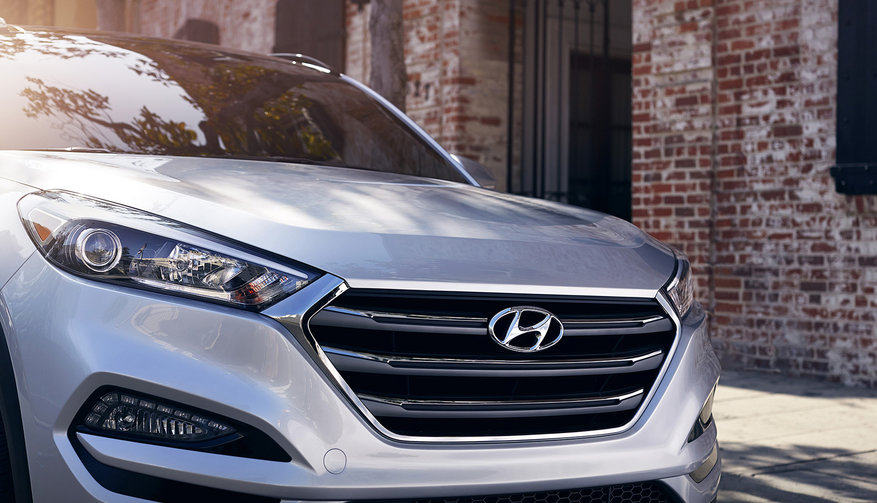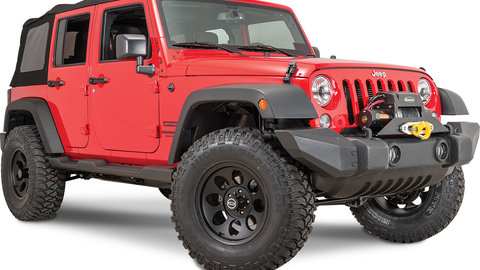The on-again, off-again merger/takeover chase for Fiat Chrysler Automobiles could be heating up once again, this time with a new player from South Korea.
According to Asia Times, citing sources it calls ‘close to the situation’, Hyundai Motor Group is preparing to launch a takeover bid for FCA sometime between this summer and May 2019 – when current FCA CEO Sergio Marchionne steps down.
The potential takeover would be tied to an expected decline in FCA stock shares during this time period, these sources said.
Marchionne has long been a vocal proponent of automotive industry consolidation, saying there are too many automakers competing with each other and that costs are too high for the business to be sustainable.
Despite a previous merger rebuff by General Motors, as well as minor flirtations with Volkswagen and Chinese automaker Great Wall Corp., most industry experts still believe Marchionne is looking at possible partners even though he said back in January that FCA is strong enough to stand by itself.
In fact, the Asia Times writes Marchionne personally triggered Hyundai’s current attention by using potential interest from Great Wall Motor Co as a ‘stalking horse’.
The primary force behind a Fiat Chrysler Automobiles and Hyundai Motor Group merger, sources told the Asia Times, would be Elliott Management principal Paul Singer, who is an activist shareholder in Hyundai and major player in Italian equities with stake in Telecom Italia and de facto owner of Silvio Berlusconi’s AC Milan soccer club. Telecom Italia is the largest Italian telecommunications service provider.
Having already amassed a $1-billion stake in Hyundai, Singer appears to have given himself an inside track into FCA by adding FCA Europe, Middle East and Africa CEO Alfredo Altavilla as a board member of Telecom Italia.
Jim Trainor, a Hyundai US spokesman, said in a statement that the company does not comment on market rumors.
Another reason FCA merger talk keeps rising to the surface, the Asia Times speculates, is because current FCA Chairman John Elkann does not have the ability or desire to run the FCA empire once Marchionne leaves.
“(His exit) is clearly the end of an era and maybe more, as Marchionne is not just the mastermind behind FCA, he is FCA,” said Giuseppe Berta, a professor at Bocconi University and former head of Fiat’s archives. “After he is gone, FCA will have to change, and this opens room for a big transformational deal.”
Some even suggest Elkann is much more interested in the news media space these days than in automobiles, having recently taken over the controlling stake in The Economist Group, while also mulling a potential bid for the New York Times Company.
“Elkann is well aware that Fiat Chrysler is going into a perfect storm. Lack of new models, mediocre technology in relation to peers and no real EV [electric vehicle] strategy, all on top of rising oil prices,” one FCA insider said.
Hyundai, unlike its Japanese rival Toyota, is a relative latecomer to the US market and has the most to benefit in taking over the Chrysler distribution network and iconic Jeep brand. Jeep is relatively weak in the Asian market, while Hyundai, along with its sister brand Kia, already has a strong economy car business in North America and would acquire luxury brands like Maserati and Alfa Romeo in buying FCA, along with mega-stars Jeep and Ram. Hyundai is also interested in gaining access to FCA’s vast North American distribution network.
Additionally, unlike Volkswagen and GM, a Hyundai-FCA merger poses significantly fewer manufacturing plant and product overlaps both in the United States and Europe. The US-South Korean Free Trade Agreement – on top of closer ties between the United States and South Korea – could also make a Hyundai-FCA merger more palatable to the Trump administration.
Should Hyundai and FCA enter into a merger deal, it would make the resulting company the world’s largest automotive group.





















